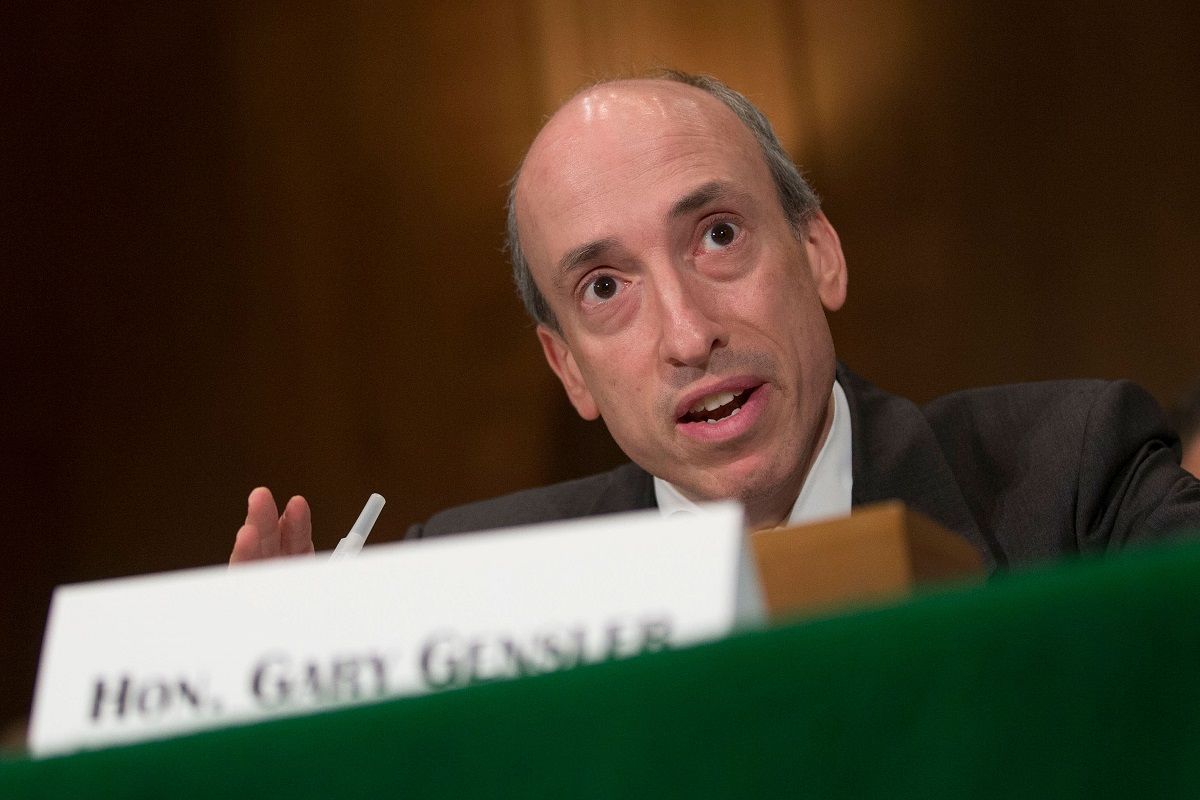[ad_1]
A current settlement between the Securities and Exchange Commission (SEC) and cryptocurrency agency ShapeShift has obtained criticism from inside the company. SEC Commissioners Hester Peirce and Mark Uyeda have made public statements to indicate their dissatisfaction with the present state of affairs once they imagine that the SEC, generally, and this enforcement case specifically, has bolstered the paradox of the SEC method to cryptocurrency regulation.
SEC Commissioners Criticism
However, Peirce and Uyeda’s criticism is the SEC’s use of the Howey Test— a regular derived from a 1946 U.S. Supreme Court case— to categorise some property.
Notwithstanding this normal, the commissioners indicated that the current order by the SEC in opposition to ShapeShift didn’t specify which of the 79 crypto property concerned had been thought of funding contracts or give a justification for such classifications. Peirce and Uyeda argue that the shortage of specificity leads to extra common uncertainty about its classification and regulation inside the crypto business.
Enforcement Approach Under Scrutiny
The critique goes previous the ShapeShift affair to embody the SEC’s general crypto space enforcement method. The SEC has sued a number of crypto firms lately, notably lawsuits in opposition to exchanges similar to Binance and Coinbase.
SEC Chair Gary Gensler has maintained that many cryptocurrencies needs to be thought of securities and that crypto platforms should register with the SEC. However, Peirce and Uyeda argue that this “just come in and register” stance lacks substance and readability, particularly when particular classifications of crypto property as securities stay opaque.
The Ripple Effect of Ambiguity
The controversy over whether or not crypto property needs to be characterised as securities is nothing new, nonetheless, now authorized updates have revived it. The ruling of a U.S. courtroom, printed final week, says that buying and selling sure cryptocurrencies on secondary markets is the promoting of securities.
However, many cryptocurrency business insiders imagine the precise reverse. This judgment and try by the SEC to make use of it to strengthen its go well with in opposition to Coinbase emphasize the authorized and regulatory headwinds that the crypto business is at the moment dealing with.
Despite these challenges, Coinbase has pushed again in opposition to the SEC’s interpretation, arguing that judgments from unrelated instances mustn’t affect ongoing litigation. Similarly, the partial victory achieved by Ripple in a current lawsuit, the place a decide dominated that gross sales of XRP to institutional traders had been illegal securities gross sales however that “blind bid” gross sales to retail traders weren’t, highlights the nuanced and evolving nature of securities regulation within the context of cryptocurrency.
Read Also: US Election 2024: Pro-Crypto Candidates in Texas and Alabama Clinch Senate Place
The introduced content material might embrace the non-public opinion of the writer and is topic to market situation. Do your market analysis earlier than investing in cryptocurrencies. The writer or the publication doesn’t maintain any duty to your private monetary loss.
[ad_2]
Source link




✓ Share: